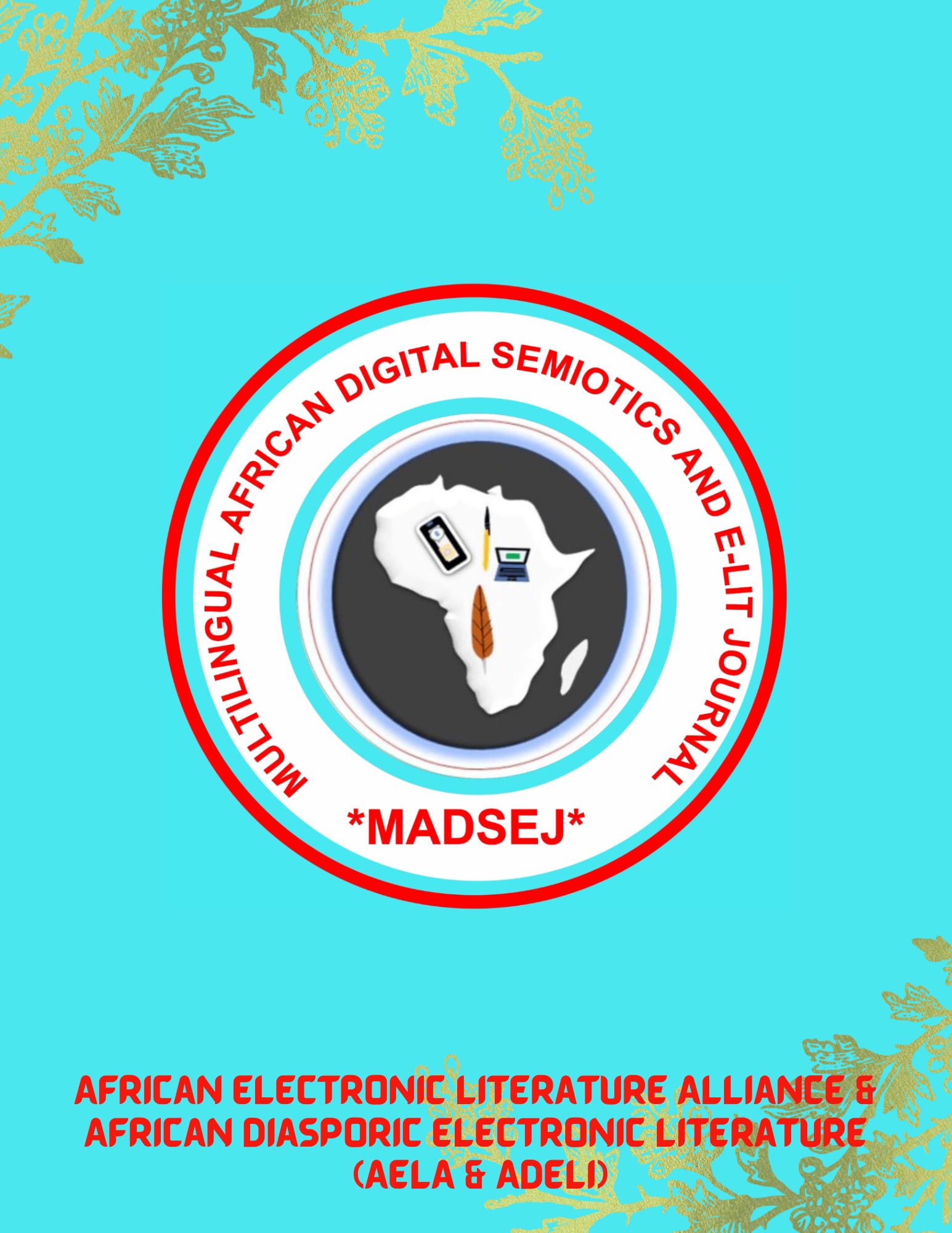Tendances mondiales émergentes et enseignement de la littérature
Mots-clés :
Enseignement, littérature numérique, RécitRésumé
L'enseignement dans tous les secteurs évolue, passant des méthodes traditionnelles à l'intégration des possibilités multiples de la technologie, qui permet d'élargir le savoir et de rendre l'apprentissage plus efficace et efficient. À mesure que la technologie progresse, le monde professionnel, et par conséquent l'éducation, se développent et se transforment. Le secteur de l'éducation peut désormais exploiter une multitude de techniques pédagogiques innovantes et émergentes, créant ainsi des environnements d'apprentissage plus dynamiques et percutants, et facilitant une acquisition efficace et efficiente des connaissances et des compétences pour atteindre des objectifs précis. Les techniques d'apprentissage basées sur la technologie offrent des outils qui aident les étudiants à relever les défis académiques. La littérature peut également intégrer la technologie grâce à la littérature électronique (fiction interactive, narration numérique, jeux narratifs, etc.), qui utilise des jeux, des images, des vidéos, des sons, des liens, des navigations et d'autres caractéristiques numériques comme parties essentielles de l'expérience de lecture. Il existe des outils spécifiques qui pourraient être utilisés au Nigeria, tels que l'écriture pour téléphones portables ou l'utilisation d'un "Internet in a Box" pour les écoles ou les communautés qui disposent d'un ordinateur, mais pas d'accès à Internet. Cet article examine les tendances technologiques émergentes afin de mieux informer l'enseignement local au Nigeria et d'utiliser au mieux les ressources technologiques disponibles.
Téléchargements
Références
Acheson, Katherine, editor. Early Modern English Marginalia. Routledge, 2019.
Ayeni, Adeolu Joshua. "Teachers’ Professional Development and Quality Assurance in Nigerian Secondary Schools." World Journal of Education, vol. 12, 2011, pp. 143-149. https://doi.org/10.5430/wje.v1n2p143
Bassey, Faith, and Deena Larsen. "The Water Seller (Mai Ruwa)." The New River: Online Journal of Art and Literature, 2023, https://thenewriver.us.thewaterseller.
Begum, Nusrat Ara. "Traditional Methods versus Modern Strategies of Educational Instructions." Texila International Journal of Psychology, vol. 3, no. 1, 2018, pp. 1-12. https://doi.org/10.21522.TIJPY.2016.03.01. Art001
Bolter, Jay David. Writing Space: Computers, Hypertext, and the Remediation of Print. Routledge, 2001.
Carstens, Kaite J. et al. "Effects of Technology on Students' Learning." EJI, 2021, https://files.eric.ed.gov/fulltext/EJI29 0791pdf.
Costly, Kevin C. "The Positive Effect of Technology on Teaching and Student Learning." Arkansas Tech University, 2014, pp. 1-11.
Dewey, John. Dewey on Teaching and Teacher Education. Springer,1997, https://link.springer.com. Accessed 8
Mar. 2024.
Enock, N. "Oral and Written Literature." Literature
in English Lesson Notes Form, 2022, https://fliphtmls.com/gmaid/cfxh. Accessed 8 Mar. 2024.
Isa, S. G., et al. "The Impact of Teaching Methods on Academic Performance of Secondary School Students in Nigeria." International Journal of Development Research, vol. 10, no. 7, 2020, pp. 37382-37385. Isola, Rajagopalan. "Concept of Teaching." Shanlax International Journal of Education, vol. 7, no. 2, 2019, pp. 5-9.
Manovich, Lev. The Language of New Media. MIT Press, 2001.
Shah, Bilal, and Nazir Khaskheli. "Literature in the Digital Age: Challenges and Embracing Opportunities." Area Study Center Quaid-i- Azam University Islamabad, vol. 7, no. 4, 2023, https://powertechjournal.com.
Vaidya, Shubhangi, et al. Comparative Literature: Theory and Practice. Indira Gandhi National Open University, School of Humanities, 2018.

Téléchargements
Publiée
Numéro
Rubrique
Catégories
Licence
(c) Copyright Faith Bassey, Deena Larsen 2024

Ce travail est disponible sous la licence Creative Commons Attribution 4.0 International .
-
Copyrights remain with the authors, who grant the journal the right of first publishing their submitted manuscripts. All materials published by MADSEJ is under an Attribution 4.0 International Creative Commons License which make them accessible to the public and to be shared since authorship and first publication credits are cited.
-
The Attribution 4.0 International (Creative Commons) allows the copy and redistribution of the material in any medium or format, as well as its adaptation for any purpose, even commercially.
-
Authors are permitted to give contract for non-exclusive distribution of the version of their works published in MADSEJ. For example, distribution in an institutional repository or as a book chapter but the authors should give credit to MADSEJ as the first to publish the manuscripts as well as acknowledge MADSEJ.





